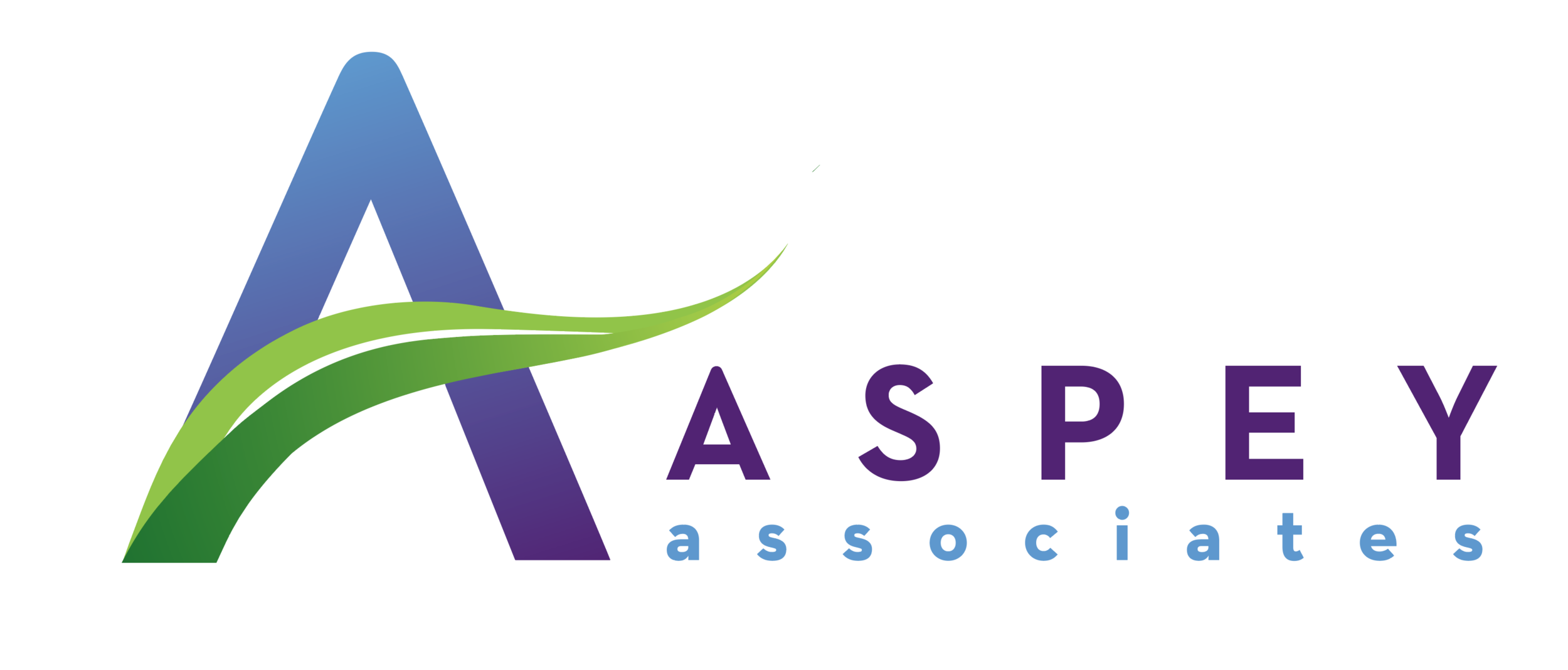From Eco-Distress to Resilience: How Employers Can Support Staff in a Changing World
As the climate crisis intensifies, the once-distant impacts of environmental change have become an everyday reality, bringing eco-anxiety into both our personal and professional lives. Eco-distress—encompassing terms like eco-anxiety and climate anxiety—is characterized by emotional responses such as fear, sadness, guilt, helplessness, and depression. These feelings, especially prevalent among younger generations, reflect a rational and understandable reaction to the environmental threats we face and highlight our deep connection to the planet and those we care about.
For many, eco-distress manifests at home, where children’s growing concerns require reassurance that their feelings are normal, without dismissing their fears and instead listening, and taking steps together to take action. In the workplace, it’s more acute in roles directly tied to witnessing, measuring or forecasting climate change and environmental decline, such as in conservation or climate science. In other settings, employees may experience cognitive dissonance when struggling with the moral conflict of working in industries that negatively impact the environment whilst at the same time also providing products and conveniences we need or value, such as in aviation, fast fashion, or agriculture. These tensions can lead to feelings of isolation, disengagement, or even the decision to leave a role.
Despite its prevalence, climate change and its emotional impacts are rarely discussed openly at work. A phenomenon known as "socially constructed silence" often keeps these topics off the table. This (often unconscious and protectively defensive) avoidance can sometimes lead to "brightsiding," where legitimate concerns are minimized through forced positivity. While optimism and action are essential, employees also need spaces to share difficult emotions without judgment. Suppressing these feelings can lead to burnout, isolation, and reduced creativity—hindering collective problem-solving.
Organizations increasingly recognize that addressing climate concerns is key to attracting and retaining talent because employees want to work for companies that demonstrate genuine environmental commitment and prioritize emotional wellbeing. Resilience in the face of climate challenges, however, isn’t just about individual toughness. Research shows resilience is built and maintained collectively—through relationships, networks, and cultures of care.
So what can employers do? There is no one solution to such a complex set of problems, however here are some key steps that can help:
Normalize climate conversations: Create a culture where discussing climate change and its emotional impact is safe and encouraged. Initiatives like climate psychology talks, workshops on having climate conversations, and Climate Café Listening Circles allow employees to process their feelings and build connection. These forums help reduce isolation, enhance relational skills, and lay the groundwork for collective adaptability.
Commit to authentic climate action: Employees are highly attuned to authenticity and will quickly identify "greenwashing", valuing organizations that take meaningful steps, set ambitious goals and transparently report on sustainability progress. For industries with inherent negative environmental impacts, acknowledging the challenges and demonstrating a commitment to significant improvement can help to align your efforts with employees’ values.
Engage employees in environmental initiatives: Involve staff in sustainability efforts, from reducing carbon emissions to designing products with circular lifecycles. Create opportunities for collaboration and innovation, ensuring that responsibility doesn’t fall solely on individuals, like stressing to much on individuals’ own carbon footprints. These are times to collaborate. Bringing in external speakers who can share their sustainability journeys can also inspire fresh perspectives.
By addressing eco-distress openly and taking action on sustainability, employers can transform climate anxiety into a driver of connection, innovation, and shared purpose, fostering collective resilience and adaptibility in the face of a rapidly changing world.
Image thanks to Helena Lopes on Unsplash

